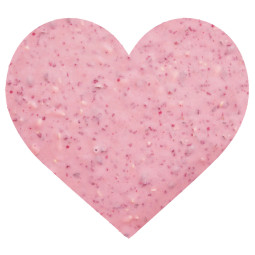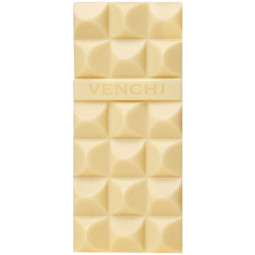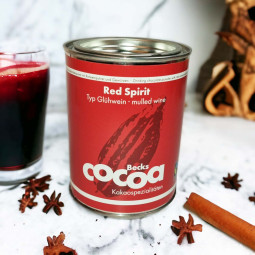"If the Fairtrade share is only € 0.01 per bar, why is the chocolate so much more expensive?"
This is due, for example, to the not inconsiderable annual license fees that the producer (e.g. the cocoa farmer - yes, he too; although he should be supported) and cocoa bean buyers (chocolate manufacturers) have to pay the Fairtrade umbrella organization "TransFair". In addition, there are "control fees" that have to be paid to the control organization called "FloCert" prescribed by TransFair. Not to be neglected is the not inconsiderable administrative effort for producers and buyers.
By the way: if there is no buyer for the Fairtrade cocoa, the cocoa is sold on the world market at the world market price. Fairtrade does not give a purchase guarantee. Nevertheless, the cocoa farmer has to pay the annual fees to Fairtrade or TransFair.
Well-known chocolate manufacturers (e.g. Zotter , Peru Puro, ) have therefore already turned their backs on Fairtrade or have deliberately refrained from working with them (e.g. Original Beans , Meybol , ). They prefer to work directly with the cocoa farmers whose plantations they know personally; or obtain their cocoa beans from specialized dealers. Due to the possibilities offered by the Internet and today's worldwide travel connections, this is now easily possible for everyone.
In order to process the cocoa according to the wishes of the chocolate manufacturer, the cocoa farmers then receive the money from which they can really live. Chocolate manufacturers such as Zotter, Meybol, Original Beans, Friis-Holm , etc. pay the farmer a guaranteed price (currently $ 5,000 per ton of cocoa). It couldn't be more direct and fair - and that without license fees! We support these efforts and therefore label these chocolates on our website with references to " Direct Trade " and " Direct Cacao ".
You can read more about this topic here in Mirror article" Really fair? " and others with Meybol < / bilobaTransDictionary> Cacao
Rainforest Alliance & amp; UTZ
UTZ and Rainforest Alliance (now merged) also operate a certification seal. They too do not buy or trade goods. Cocoa farmers can advertise with the seals if they take part in their training courses (and if necessary pay for them). Whether the farmers implement the content conveyed in the training courses, e.g. to increase production or to avoid child labor, is up to them and is not permanently monitored. There is also no financial support for the farmers.
Stiftung Warentest only confirms that these seals have a "medium expressiveness" and the "lowest requirement"! Both seals are repeatedly referred to as minimal and cheap seals in the industry.
Conclusion:
If you buy Fairtrade chocolate or products with the UTZ label only because of the logos (because you may think you are doing something good) you may be paying unnecessarily large amounts of money because you are paying for a licensing system: the Certification effort, the certification companies and the bureaucracy effort. They want to be paid. The farmers in the countries of origin have - contrary to what is suggested - financially little or none of it.
Actually fair and directly traded chocolates are on this website with direct trade Chocolates marked.




















